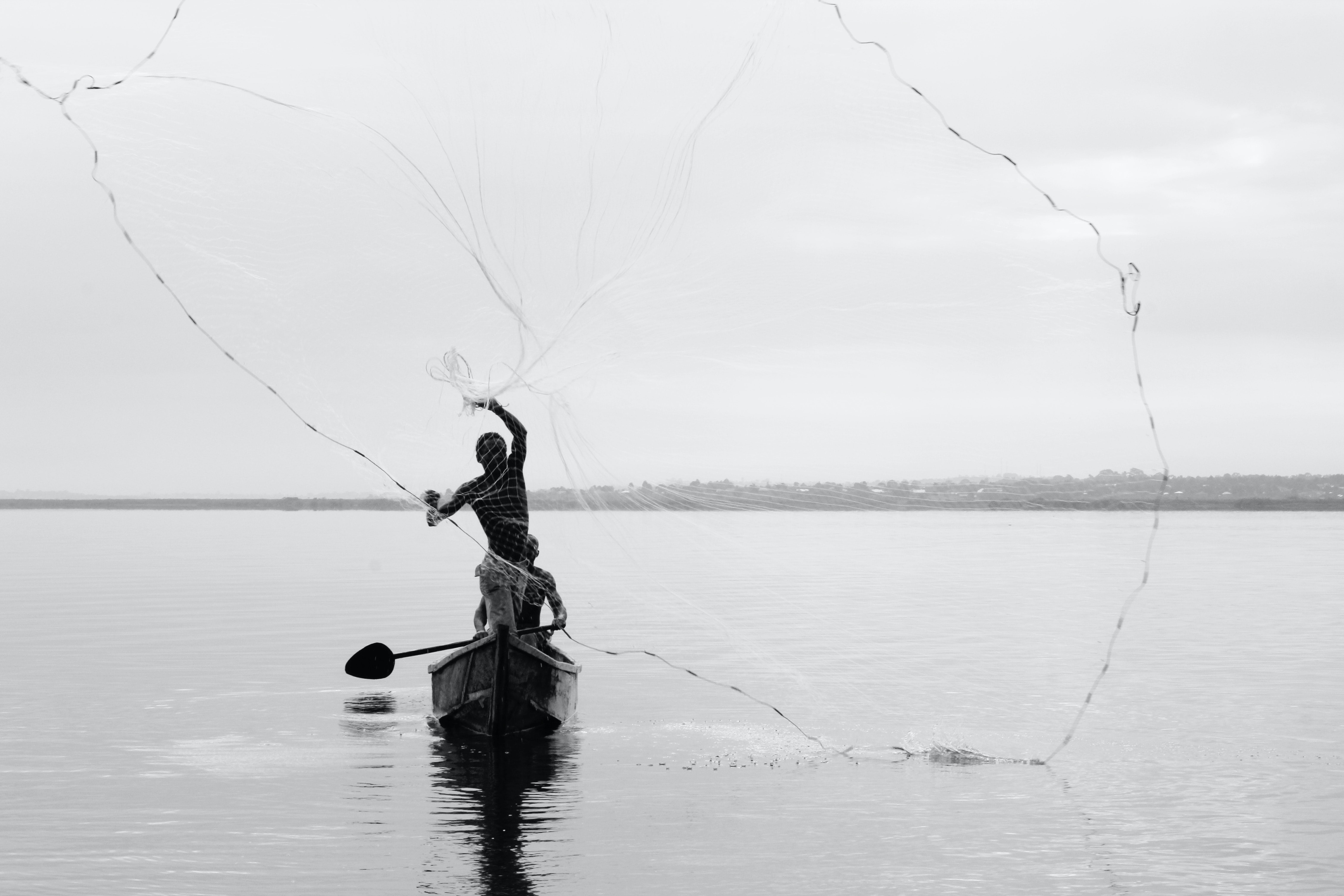Aquifer supporting 14 million people under threat from overexploitation
Human activities in the catchment area are threatening this rich ecosystem

Your support helps us to tell the story
From reproductive rights to climate change to Big Tech, The Independent is on the ground when the story is developing. Whether it's investigating the financials of Elon Musk's pro-Trump PAC or producing our latest documentary, 'The A Word', which shines a light on the American women fighting for reproductive rights, we know how important it is to parse out the facts from the messaging.
At such a critical moment in US history, we need reporters on the ground. Your donation allows us to keep sending journalists to speak to both sides of the story.
The Independent is trusted by Americans across the entire political spectrum. And unlike many other quality news outlets, we choose not to lock Americans out of our reporting and analysis with paywalls. We believe quality journalism should be available to everyone, paid for by those who can afford it.
Your support makes all the difference.By Sarah Mawarere for UBC Radio in Uganda
Groundwater is the most important source of drinking water for humans, livestock and wildlife. The Nile Basin Initiative, an intergovernmental partnership of 10 countries, says over 70 percent of the rural population in the Nile Basin region depend on groundwater. The Kagera Aquifer is one source, and is a lifeline for people in Burundi, Rwanda, Tanzania, and Uganda. Human activities are degrading land in the catchment area, and causing biodiversity loss which threatens the existence of Kagera River and its ecosystem. Sarah Mawarere spoke to experts about what can be done to restore this precious resource.
Listen to Sarah’s full report here.
This article is reproduced here as part of the African Conservation Journalism Programme, funded in Angola, Botswana, Mozambique, and Zimbabwe by USAID’s VukaNow: Activity. Implemented by the international conservation organisation Space for Giants, it aims to expand the reach of conservation and environmental journalism in Africa, and bring more African voices into the international conservation debate.
Join our commenting forum
Join thought-provoking conversations, follow other Independent readers and see their replies
Comments